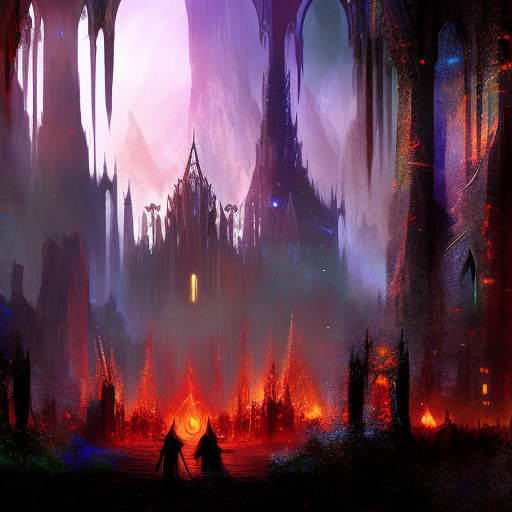Summary:
In “The Once and Future King” by T.H. White, a young boy named Arthur grows up in medieval England and becomes the legendary King Arthur. Through a series of adventures and encounters with magical beings, Arthur learns important lessons about leadership, justice, and the complexities of human nature. This classic novel offers a unique and imaginative retelling of the Arthurian legend, exploring themes of power, morality, and the pursuit of a just society.
From Wart to King:
The story begins with a young boy named Arthur, known as Wart, who is taken under the wing of the magician Merlyn. Under Merlyn’s guidance, Wart is transformed into various animals, allowing him to experience different perspectives and learn valuable lessons about the world. Through these transformations, Wart gains a deeper understanding of empathy, compassion, and the interconnectedness of all living beings.
As Wart grows older, he discovers his true identity as the rightful heir to the throne of England. With the help of the legendary sword Excalibur, Arthur becomes King Arthur and establishes the Knights of the Round Table, a group of noble knights dedicated to upholding justice and chivalry. However, Arthur soon realizes that being a king is not as simple as he once imagined.
The Challenges of Leadership:
As king, Arthur faces numerous challenges and moral dilemmas. He strives to create a utopian society known as the “Might is Right” principle, where the strongest rule and the weak suffer. However, he soon realizes that this approach leads to chaos and injustice. Arthur’s vision of a just society is tested by the actions of his own knights, including the betrayal of his best friend, Sir Lancelot, and the illicit love affair between Lancelot and Queen Guinevere.
Arthur’s attempts to establish a peaceful kingdom are further complicated by external threats, such as the invasion of the evil sorceress Morgan le Fay and the rebellion led by his illegitimate son, Mordred. Despite these challenges, Arthur remains committed to his ideals of justice and mercy, even in the face of personal tragedy and the inevitable downfall of his kingdom.
The Complexity of Human Nature:
Throughout the novel, White explores the complexities of human nature and the struggle between good and evil. Characters like Lancelot, who is torn between his love for Guinevere and his loyalty to Arthur, exemplify the internal conflicts that individuals face. The novel also delves into the themes of power and corruption, as Arthur grapples with the corrupting influence of power and the difficulty of maintaining integrity in a position of authority.
Ultimately, “The Once and Future King” is a tale of idealism, tragedy, and the enduring legacy of King Arthur. It serves as a reflection on the nature of leadership and the challenges of creating a just society. Through its imaginative storytelling and thought-provoking themes, the novel invites readers to contemplate the timeless lessons it imparts.
- Leadership requires empathy, compassion, and a commitment to justice.
- The pursuit of power can corrupt even the noblest of individuals.
- The complexities of human nature make it difficult to navigate moral dilemmas.
- Creating a just society requires more than just physical strength; it demands moral integrity and a willingness to make difficult choices.
“The best thing for being sad,” replied Merlyn, beginning to puff and blow, “is to learn something. That is the only thing that never fails. You may grow old and trembling in your anatomies, you may lie awake at night listening to the disorder of your veins, you may miss your only love, you may see the world about you devastated by evil lunatics, or know your honour trampled in the sewers of baser minds. There is only one thing for it then — to learn. Learn why the world wags and what wags it. That is the only thing which the mind can never exhaust, never alienate, never be tortured by, never fear or distrust, and never dream of regretting.”
In conclusion, “The Once and Future King” is a captivating and thought-provoking novel that explores themes of leadership, morality, and the complexities of human nature. Through the adventures of King Arthur, readers are invited to reflect on the challenges of creating a just society and the enduring lessons that can be learned from the Arthurian legend.












